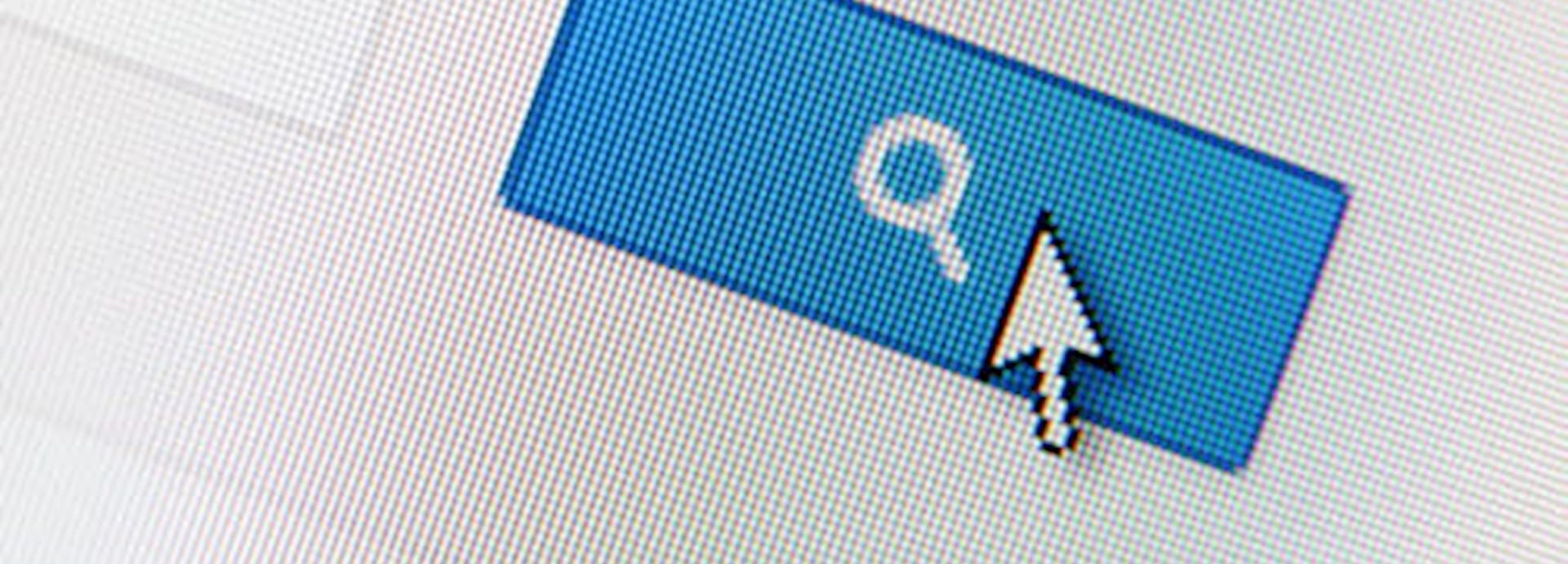Consent not implied
...Dr P, aware that Mrs K is “exhausted and traumatised” by the birth, decides it would be unreasonable to disturb her in the middle of night...
Safety netting
How can you ensure a robust system where nothing important is missed?
Protection for English FY2s in Scottish GP practice
MDDUS has agreed to provide additional protection for FY2 doctors from England who are working in GP practices in Scotland.
MDDUS protection for owners of corporate dental practices
MDDUS Solutions has launched a new Dental Corporate Clinical Indemnity (DCCI) product, specifically designed to fill the gap in vicarious liability cover.
Report reveals scale of under representation and discrimination against BME doctors
DOCTORS in England from black and minority ethnic (BME) backgrounds now comprise 42 per cent of the NHS total, while the number of BME medical directors has increased to only 20.3 per cent.
Burnout “unsurprising” among medical trainees
A THIRD of medical trainees reported feeling "burnt out" to a high or very high degree because of their work, according to the GMC’s annual national training survey.
New guideline to help identify and treat Covid vaccine blood clotting
HEALTHCARE staff can now refer to new guidance to help them identify and treat patients who develop the rare blood clotting condition associated with Covid-19 vaccination.
Call for post-pandemic GP rescue plan
AN “emergency rescue package” is needed for general practice to save doctors from burnout and protect patient care, the Royal College of GPs has said.
Sajid Javid urged to abandon reforms that will “target the most vulnerable doctors”
MPs have joined forces with the medical defence specialists MDDUS to call on Sajid Javid to abandon reforms that will “target the most vulnerable doctors”.
Call for licensing system to control Botox and fillers
A NEW licensing system should be brought in to limit who is allowed to carry out non-surgical cosmetic treatments such as Botox and fillers.

